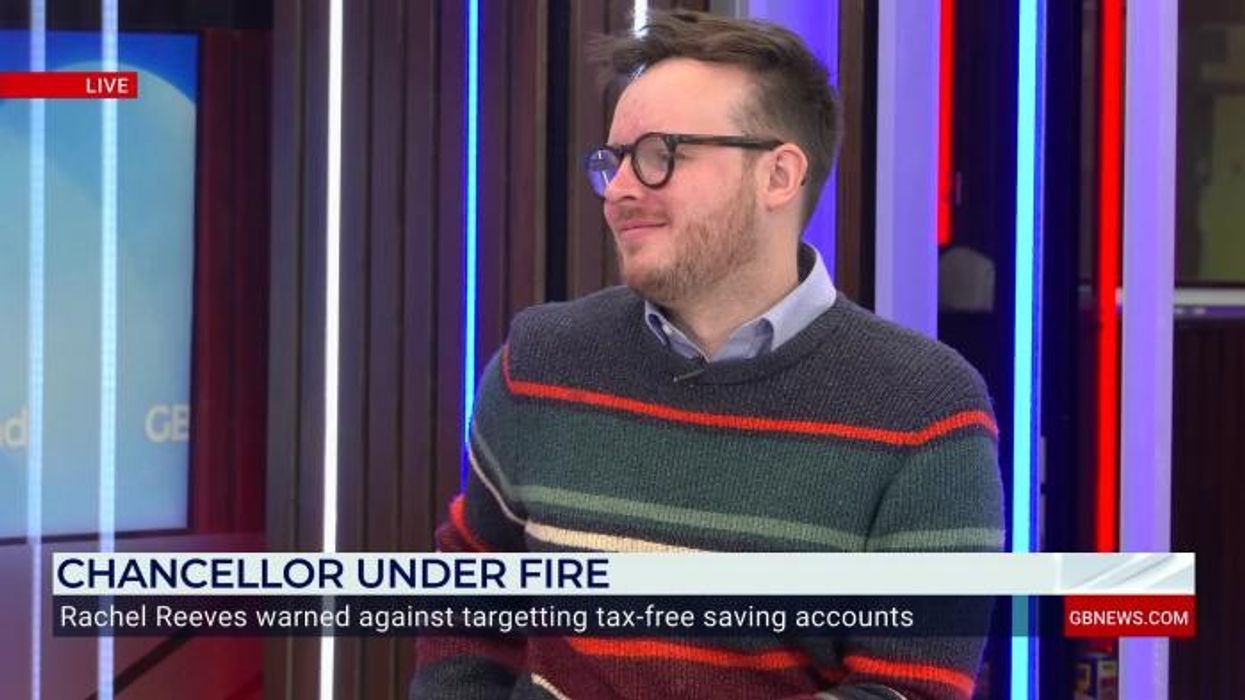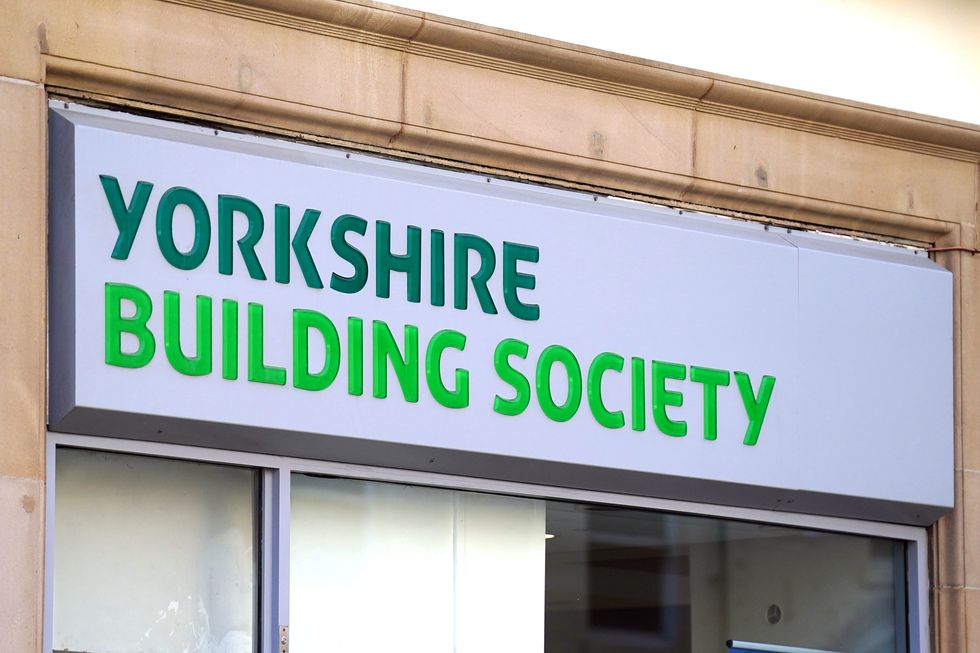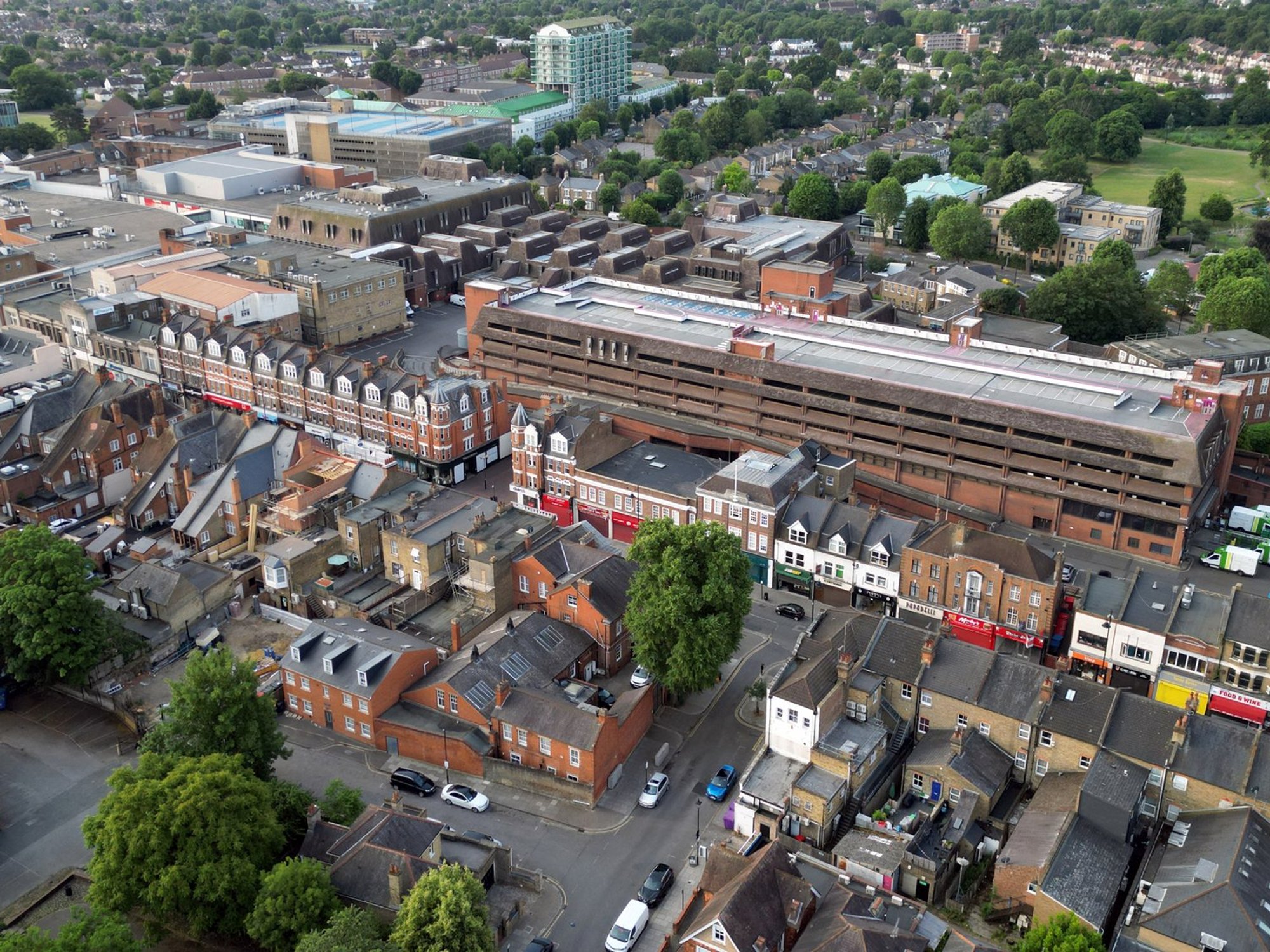Yorkshire Building Society issues urgent warning as cuts to cash ISA allowance could push up mortgage rates

Clare Muldoon blasts Rachel Reeves for targeting tax-free cash ISAs - 'Abhorrent!' |
GBNEWS

Building societies warn they could struggle to raise funds for lending as Reeves plans to slash the tax-free savings threshold
Don't Miss
Most Read
Latest
Britain's largest building societies have issued stark warnings that Chancellor Rachel Reeves's anticipated cuts to cash ISA allowances could drive up mortgage rates and jeopardise the Government's ambitious housing targets.
The Chancellor is reportedly considering slashing the tax-free cash ISA allowance from £20,000 to as low as £4,000, according to growing speculation ahead of her Mansion House speech on July 15.
Yorkshire, Coventry and Skipton building societies have cautioned that such dramatic reductions would severely impact their ability to fund mortgages, as they rely heavily on cash ISA deposits from savers.
The mutual lenders warn this could force them to seek more expensive funding elsewhere, ultimately passing increased costs onto homebuyers through higher mortgage rates.
Building societies depend significantly on cash ISA deposits to provide mortgage lending, with these savings accounts comprising 39 per cent of all building societies' retail savings balances, according to Chris Irwin, director of savings at Yorkshire Building Society.
Current regulations require building societies to source half of their mortgage funding from customer deposits, making them particularly vulnerable to any reduction in cash ISA limits.
Unlike larger banks, building societies cannot offer stocks and shares ISAs, meaning cuts to cash ISA allowances would disproportionately affect their deposit base.
With approximately £300bn held in cash ISAs across Britain and nearly one in three people owning these accounts, any significant reduction in the allowance could force building societies to turn to more expensive wholesale markets for funding.
Chris Irwin of Yorkshire Building Society stated: "We have written to the Chancellor to urge caution before making any changes to the current model for ISAs.
"Cash ISA deposits underpin the UK mortgage market and represent a direct investment in the UK economy. Reducing ISA deposits could make mortgages more expensive and less available."
 ISA reform could be coming | GETTY
ISA reform could be coming | GETTY Jeremy Cox, head of strategy at Coventry Building Society, warned the plans will "have consequences for the broader economy, affecting building societies' ability to support mortgage lending and potentially leading to higher cost of mortgages and a fall in housing market activity".
Charlotte Harrison, chief executive of Skipton's mortgage division, said: "If Isa inflows fall, the cost of funding is likely to rise, and that means mortgages could become both more expensive and harder to access."
Nick Mendes of brokers John Charcol explained the mechanism behind potential rate increases: "If there is less incentive for savers to keep money in ISAs, or if limits are reduced, it could push societies to source funding from other, more expensive wholesale markets instead. In that case, there is a risk it could filter through to mortgage pricing for some products."

Building society leaders have explicitly warned that the proposed ISA cuts could directly undermine the Government's homes initiative
|PA
David Hollingworth of L&C Mortgages echoed these concerns: "The mutual sector has made the point that a reduction in the flow of cash into savings account could have the unintended consequence of forcing up the cost of funds for lenders.
"That would ultimately have to pass through to households in the form of higher mortgage rates."
Building society leaders have explicitly warned that the proposed ISA cuts could directly undermine the Government's target of constructing 1.5 million new homes during Labour's first term.
Irwin said: "We want to support the Government's ambition to build 1.5m new homes. Cutting Isa limits could make that more difficult and have a significant impact on economic activity."

Cuts to cash ISA allowance could push up mortgage rates
| GETTYSkipton Building Society revealed it had warned Reeves that her plans risk "directly undermining the Government's own target of building 1.5m new homes".
Robin Fieth, chief executive of the Building Societies Association, criticised the proposals: "Cutting cash ISAs won't encourage people to invest and it won't drive UK growth.
"It will make things difficult for hard-working families by making mortgages more expensive and savings more complex."
More From GB News










